
A New Way to Dinner, co-authored by Food52's founders Amanda Hesser and Merrill Stubbs, is an indispensable playbook for stress-free meal-planning (hint: cook foundational dishes on the weekend and mix and match ‘em through the week).
Order nowPopular on Food52
Continue After Advertisement
8 Comments
Lulu
April 10, 2018
Thank you for reminding me to go look in the pantry and organize...again.. I love your article but prefer glass jars over plastic and my scraps go into my vermiculture box, where thousands of worms make tea for my roses.
Margit V.
June 27, 2016
I,too, am concerned about toxins via plastic-- why not educate your readers by basing these posts on current research concerning food storage, plastic or cans? It just seems to encourage ignorance to avoid topics concerning toxins, pesticides, etc., etc. so few of my acquaintances are aware of the "Dirty Dozen" produce list. And, they certainly do not examine changing their produce/fruit buying habits. They talk about the sale on strawberries in March, ignoring the fact that they are among the top fruits to get organic, or not eat them at all.
Marcy
June 27, 2016
Is anyone concerned about the toxins in plastic containers unless labeled BPA free? I am and only use glass or BPA free containers. There's no mandatory labeling for this hazard and it's doubtful that grocery/restaurant containers are BPA free.
Sarah
September 4, 2015
Been doing some of this same kind of thing for about a year now.I use glass jelly jars to store dry goods in. I also reuse glass jars that food products come in. Sometimes I pre-chop some veggies for the week. If I chop up some onion I'll store it in a glass jar so it won't stink up the refrigerator. I save all my bacon grease, chicken, beef what have you. I turn stale bread to bread crumbs. I save veggie ends for stock and just keep them in a plastic produce bag in the fridge. Instead of spending 5 0r 6 dollars on each kind of spice or herb, I buy them in bulk and store them in little plastic containers i got at a 99cent store.
vanessa
September 3, 2015
Fact: I cleaned and rearranged my pantry and fridge last weekend, and our household grocery bill (for two) for the week was $25. Knowing what you have is worth the time and effort!
Michele B.
September 2, 2015
I prefer to keep my leftovers in glass containers (i.e. Pyrex "rectangles" with snap-on lids). Because I can see what's in them I avoid those repeated episodes of "leftover amnesia" followed by penicillin growing in my fridge
Catherine L.
September 7, 2015
That's a good point. I mostly have plastic quart containers from restaurants, and they can hide mold all too well...

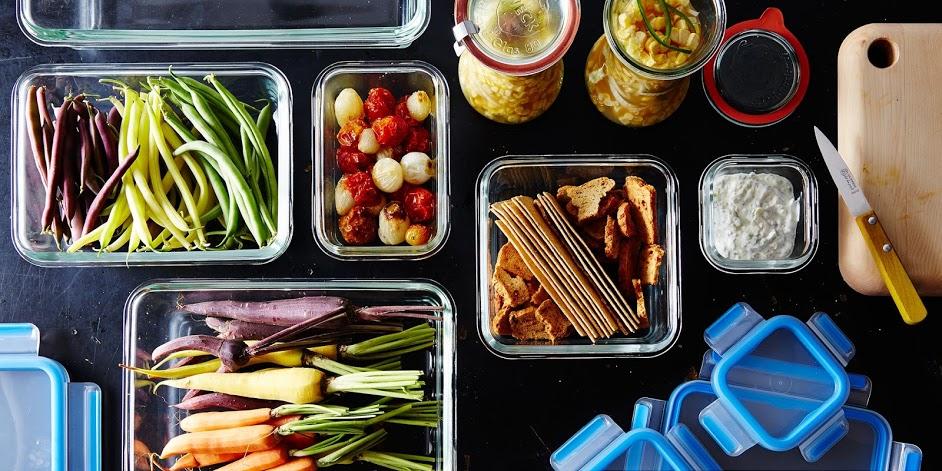
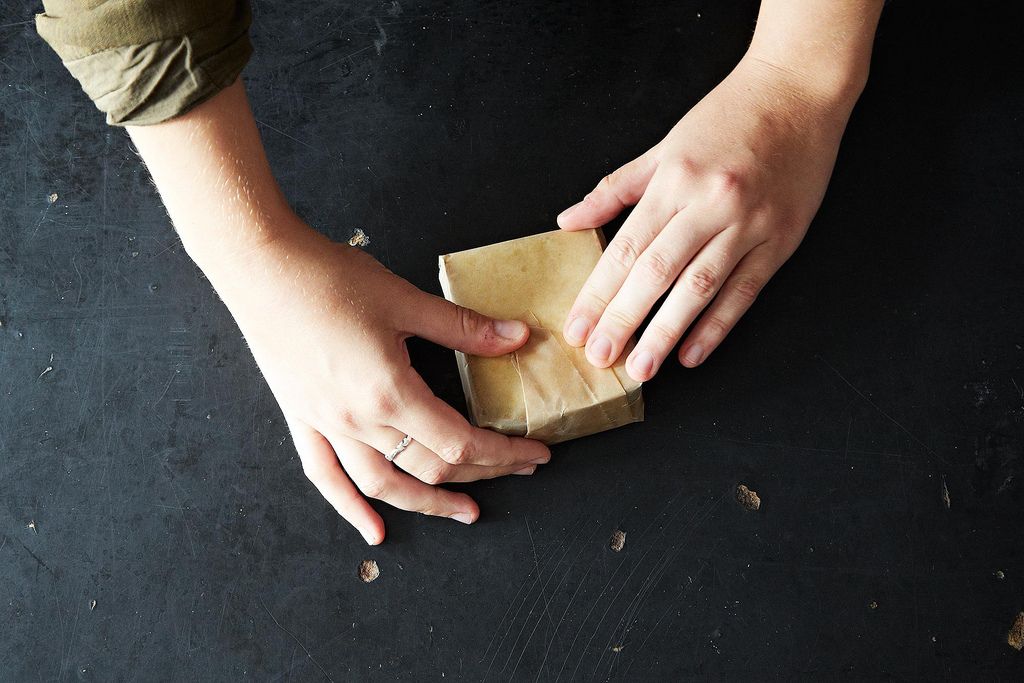
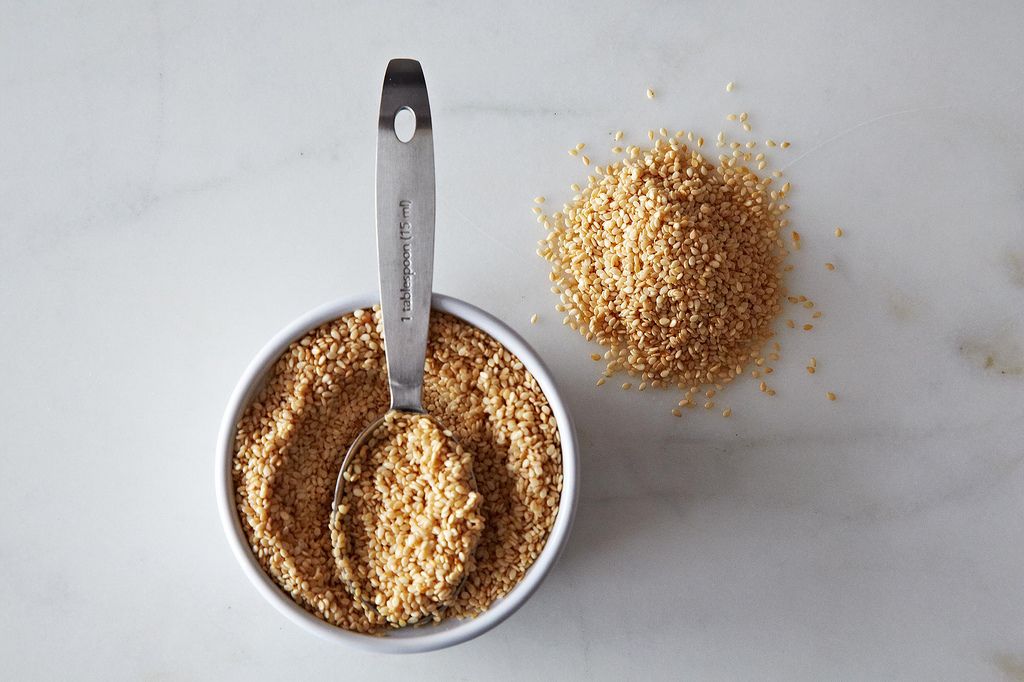
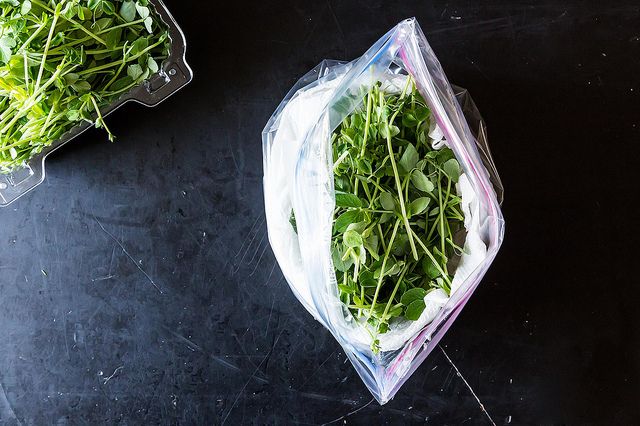
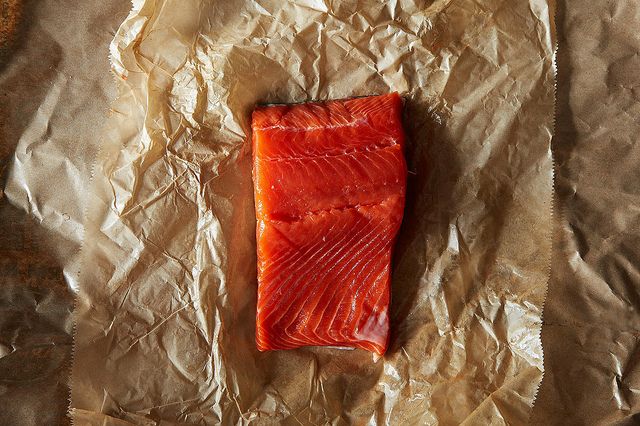
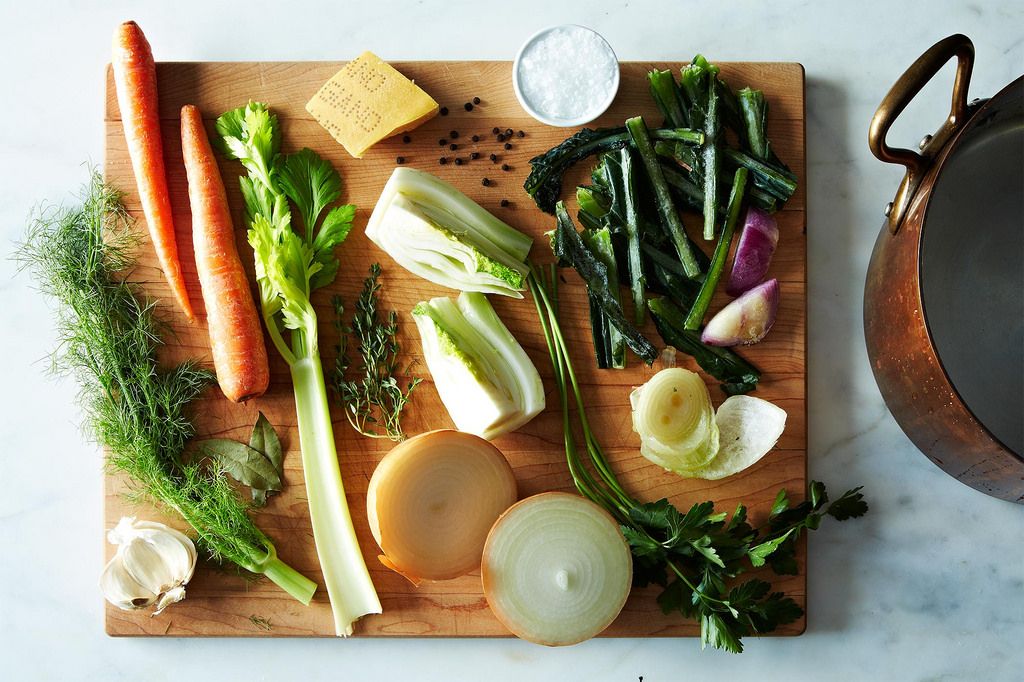
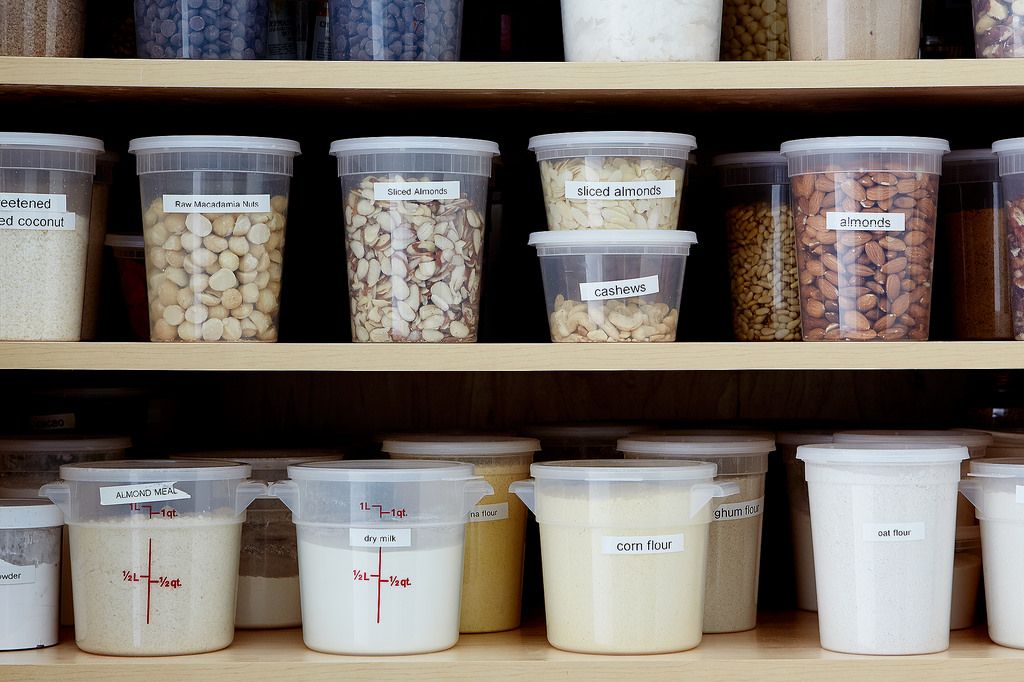
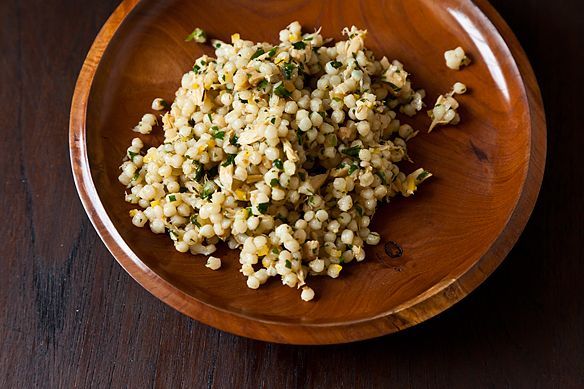
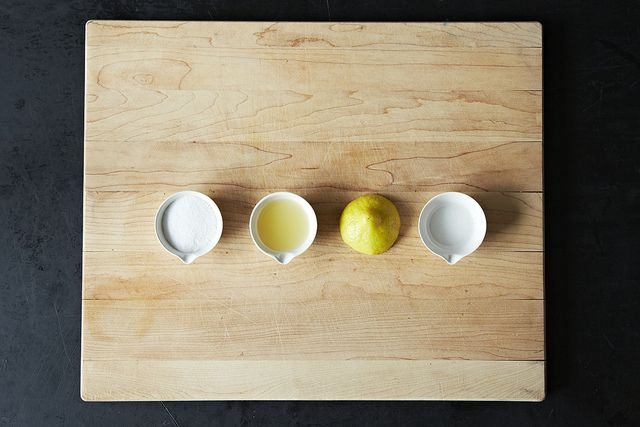
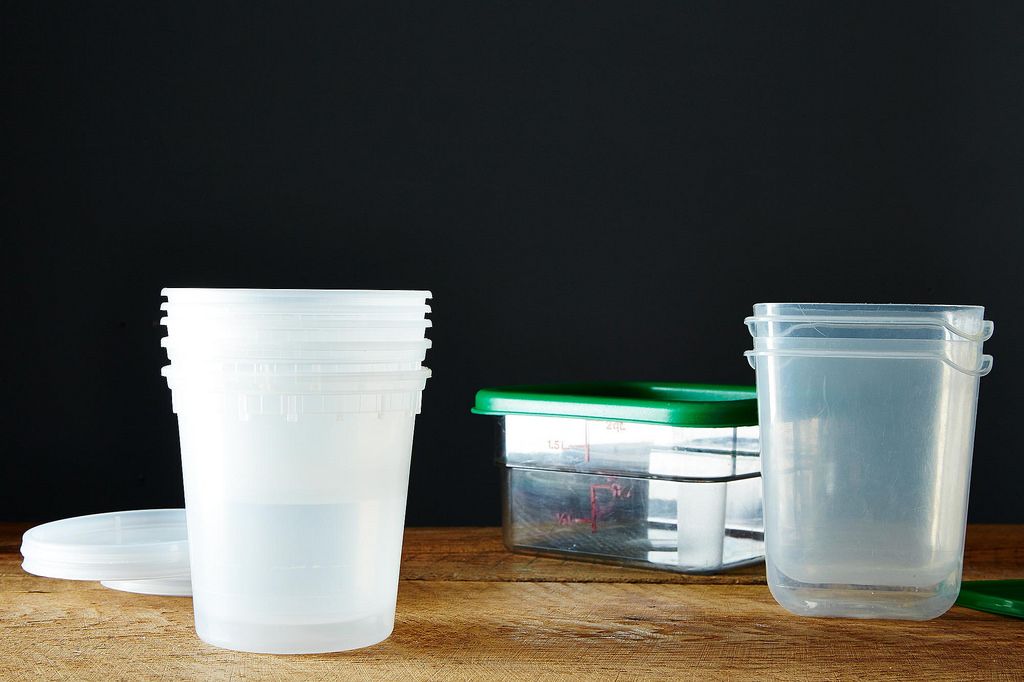

See what other Food52 readers are saying.